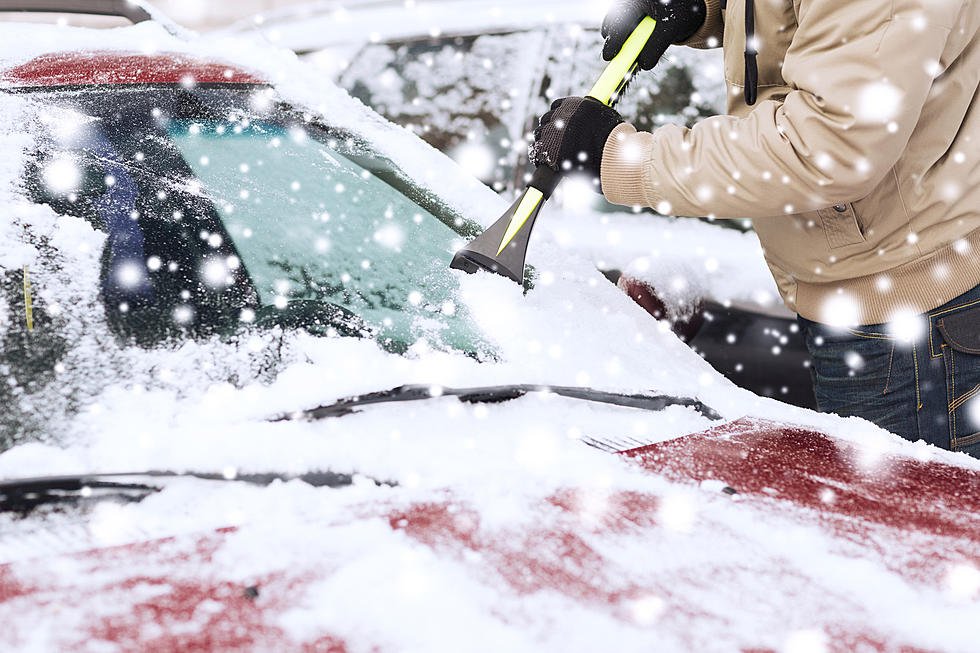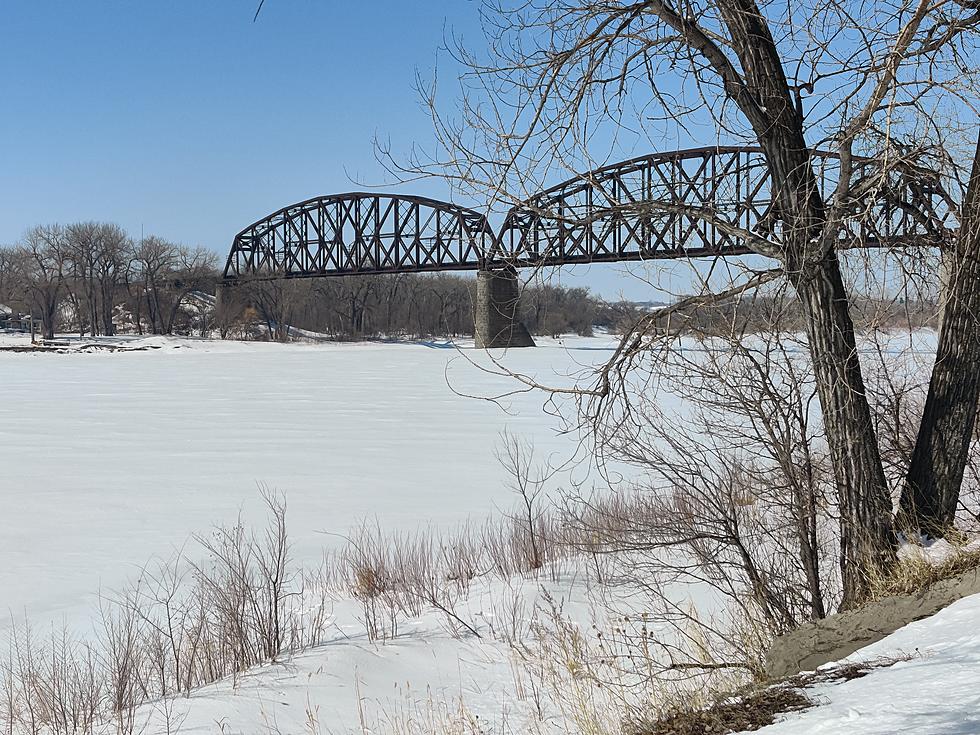
Is this TikTok Ice Scraping Life Hack Useful to North Dakotans?
The winter weather has been rough this year.
Old Man Winter has been blasting North Dakota with some wickedly wild weather this season. Bismarck-Mandan and the surrounding areas have been so icy and the recent winter rain made it worse. And it is never fun to scrape windows and clean off your car in the morning.
After all this time, we North Dakotans may have been using ice scrapers incorrectly!
There is a TikTok video that showed the world a life hack that would have been useful to know about days ago when the rain rolled through. Did you know that the backside of your ice scraper is meant to score the ice, making it easier to go back and completely scrape it off! Check out this viral TikTok video revealing the news:
@sidneyraz #stitch with @andrewkentadeadrick i’ve spent so much extra time being cold #inmy30s #wintertime #ice #winterweather #greenscreensticker #tipsandtricks #learnontiktok ♬ original sound - sidneyraz
Would this ice scraping life hack actually work in all of North Dakota's icy situations?
While scoring the icy could be a brilliant idea, I am not totally sure that the ice scraping method would work very well in North Dakota. I mean, I had a SHEET of ice on my windshield the other day. I could really only get it all scraped after I had the heat blasting for a while. And if I was smart, I would get some of that windshield stuff that melts the ice.
Will you try the ice scoring method of scraping the next time your windshield is frozen over?
LOOK: The most expensive weather and climate disasters in recent decades
More From Super Talk 1270









